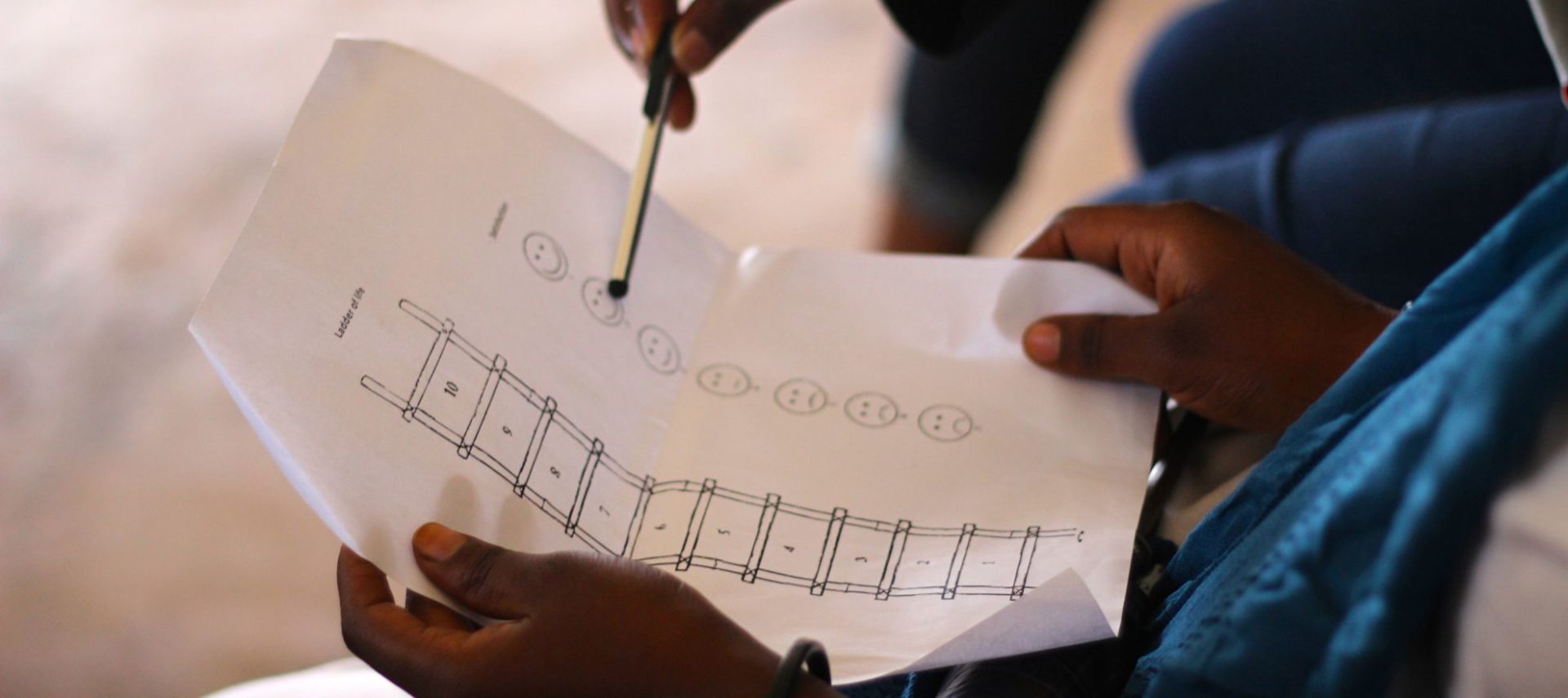If you work in international development and you commission research in developing countries, then this series of blog posts is for you! This is a call to ask you to take the lead in rethinking from an ethical and human perspective what is acceptable and what is not in development research and to tackle some of the unconscious biases in our field. In this first post, we focus on why local administrative and ethics approvals are an added value to a research project, not a time-wasting box-ticking exercise.
In ten years of working on policy-focused surveys in East Africa, it would surprise you how often we have had to argue with clients and funders to convince them to get the required local administrative and ethics approvals done. Organizations take months to develop the scope of an assignment. But once the selection process of a provider is complete everything seems to take on a new urgency, to the point that waiting a few weeks for local and ethical approvals often becomes a nuisance, better to be avoided.
Well-respected organizations have argued to us that local administrative and ethics approvals are not required because the government is supportive of the effort. Others have said that we don’t need them because if we’re interviewing the participants of a program it’s a fair trade-off for them to give us time for a survey. We have also heard clients say that they follow strict do-no-harm policies and that these are a valid substitute to local approvals or an Institutional Review Board (IRB). Or that the questions in the survey are benign. We’ve unfortunately been swayed by some of these arguments ourselves at times.
In a world where personal information is so vulnerable, local administrative and ethics approvals are critical. Even in countries where the institutional set-up to review the ethics of research projects is weak, it’s useful to take the time to think through issues related to consent, referral procedures, the translation and formulation of questions, field protocols and data security. Obtaining ethics and other local approvals protects the client, the field teams and most importantly: the respondent.
Yes, processes like these can be bureaucratic, frustrating and inefficient. But they are necessary. More than anything, going through these processes demonstrates respect and adherence to local procedures and regulations.
If it’s not ok for a foreign firm to conduct a survey in the US without US oversight, then why is it ok for an organization to run surveys in the Global South without going through a local approval process?
Local approvals and regulations should lead, not international ones
Obtaining approval from an international ethics review board, from an international body or university, to approve a research assignment in the Global South is not sufficient. Local approval procedures should take the lead – not US-based, European, or international ones.
We once asked a US-based client the following question: imagine that a foreign company you’ve never heard about was running phone surveys on livelihoods in Washington DC. Imagine that they were asking questions about job status, income and consumption patterns, etc. Would you feel comfortable responding? Would it make it better if this company proclaimed their good intentions and do-no-harm policies? You would have no way of knowing if any of this was true, unless there was proper oversight from local authorities in the US. If it’s not ok for a foreign firm to conduct a survey in the US without US oversight, then why is it ok for an organization to run surveys in the Global South without going through a local approval process?
One of the problems in our field of work – our unconscious bias – is that we are often so sure of our good intentions and internal policies, that we convince ourselves that there is really no harm in running a survey on sensitive topics with several hundred people, often including the most vulnerable. We get impatient with procedures that appear irrelevant.
Humans, not subjects
We believe that there is ample scope for the funders of research projects in the Global South to ensure that there is compliance with local ethics and other research approvals, no matter what the research project is. Mandating this compliance will provide these institutions with the agency to better manage the research agenda in their own country.
Complying with local approval procedures generates local confidence in the research goals of a project and could also contribute to strengthening local oversight capacity. This in turn opens the door for the cooperation of local authorities and most importantly, creates an environment where respondents feel confident, protected, and more likely to provide honest answers.
This post was contributed by Dimitri Stoelinga and Sachin Gathani, Managing Partners at Laterite.
